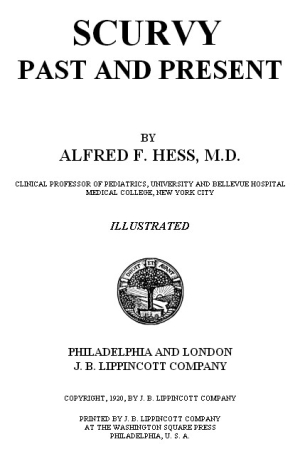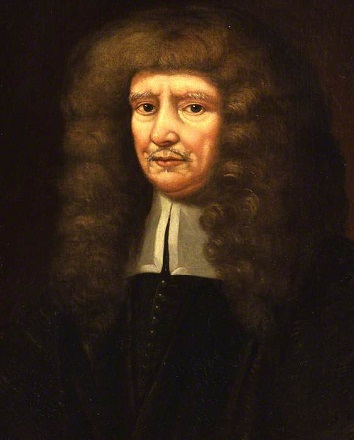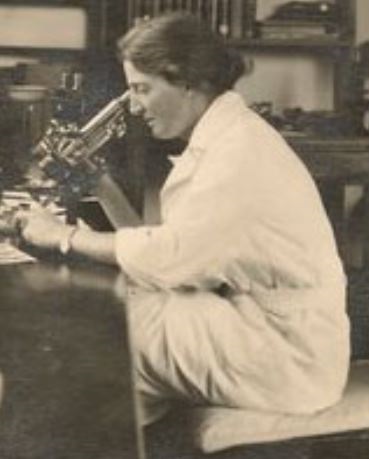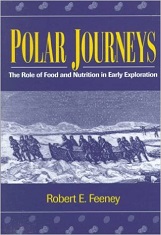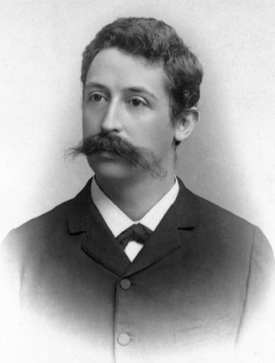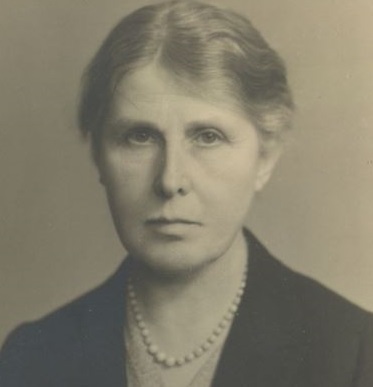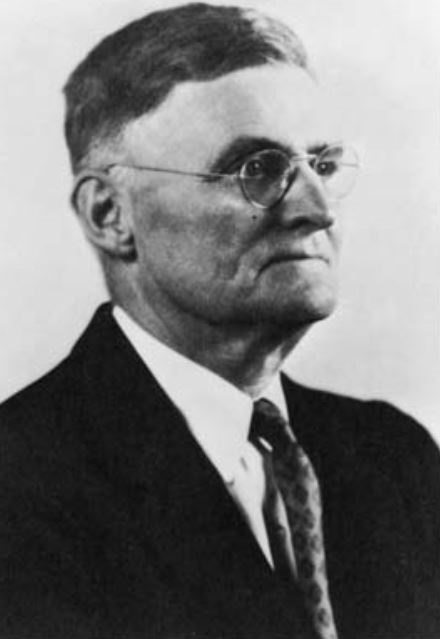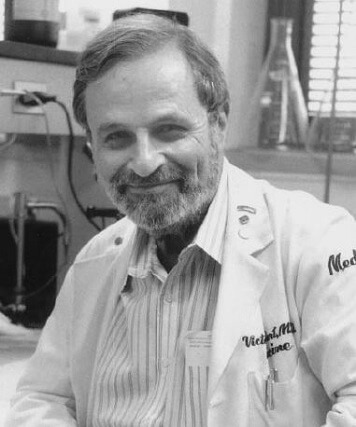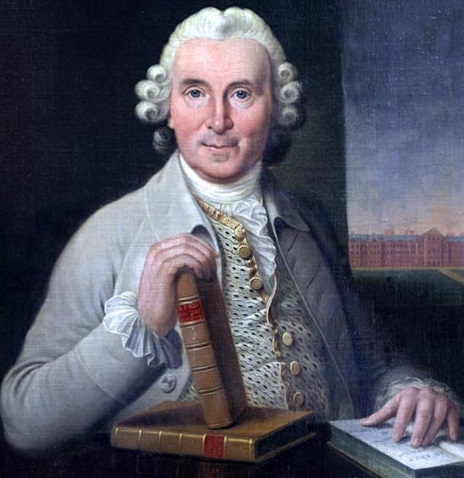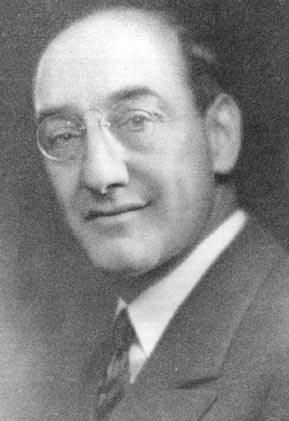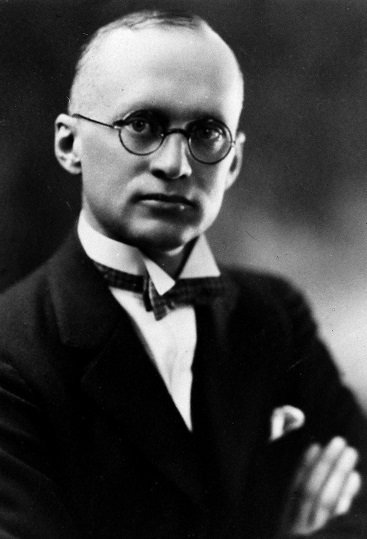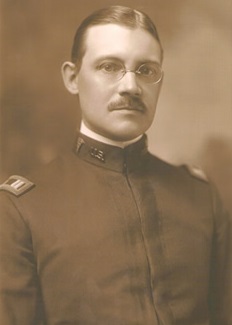Scurvy: Past and Present by Alfred F. Hess (1920)
For the past seven years I have been engaged in an investigation of scurvy both in the laboratory and in the clinic, and have treated various aspects of the subject in a large number of articles published in various medical journals. In the course of these studies there has been ample opportunity for a comprehensive …
Scurvy: Past and Present by Alfred F. Hess (1920) Read More »
